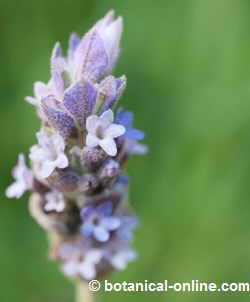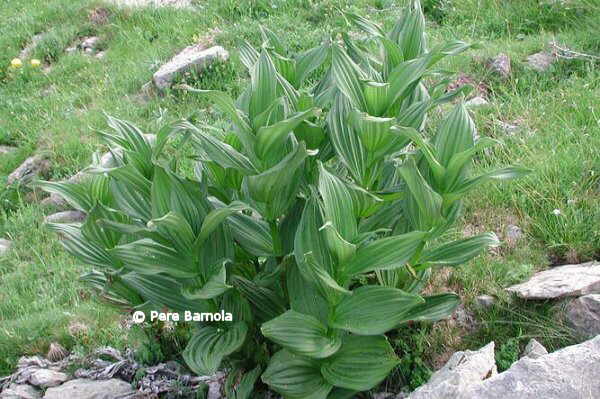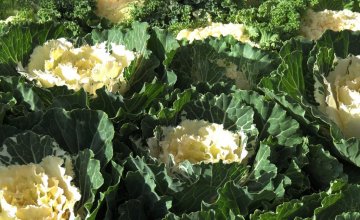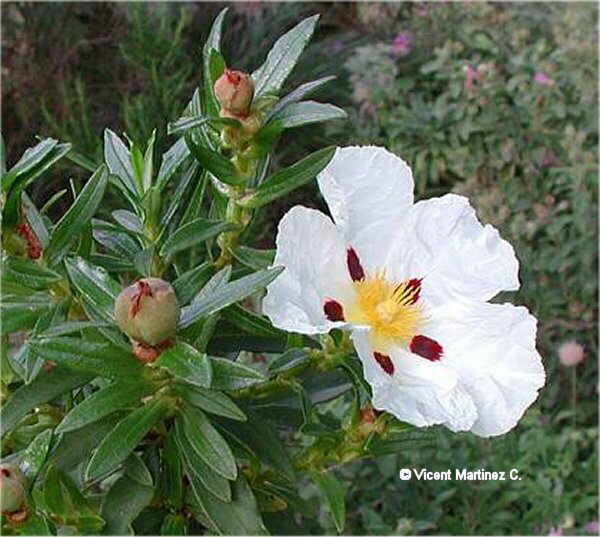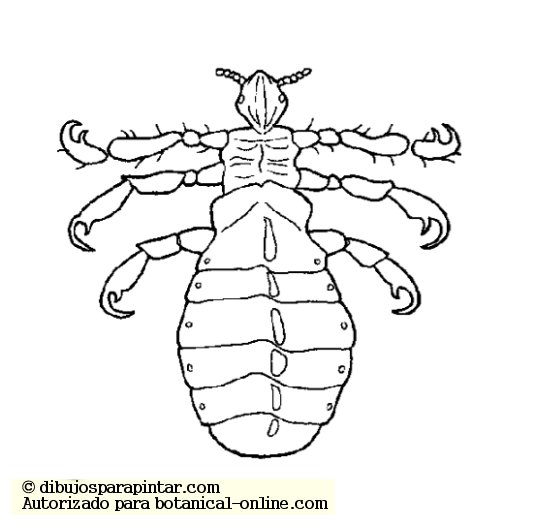Contents
Dangers of juniper oil, berries and leaves
IS JUNIPER A POISONOUS PLANT?
Scientific name of juniper: Juniperus communis L.
Family: Cupressaceae
Habitat: Mountain scrublands.
Active principles: Sabinenol, pinene, camphene, terpenol, resin, tannins.
Active parts: Mainly the essential oil, that is found in the galbula and young shoots.
Uses: Medicinally it has been used as a diuretic, stomach, antibronchitic and anti-asthmatic and to repair skin anomalies (More information on the medicinal properties of juniper)
When not to take juniper medicinal preparations?
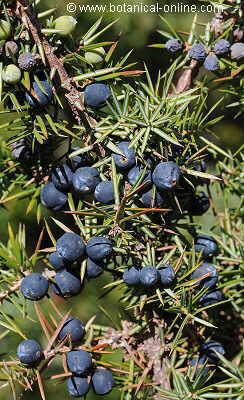 Juniper with ripe fruits and leaves
Juniper with ripe fruits and leavesJuniper is a dangerous plant for the following cases:
- Intestinal and kidney diseases: This plant, by its capacity to irritate the renal parenchyma, is NOT recommended in cases of intestinal and kidney diseases (nephritis, renal insufficiency, prostatitis, etc.).
- Pregnancy and lactation: Pregnant and nursing women do NOT have to take preparations from juniper. In case of pregnancy, the juniper can produce abortions by exciting uterine contractions. This is especially remarkable in case of essential oil.
Breastfeeding woman should not use this plant, because its components can be dangerous for babies who take them through milk
- Small children: Juniper preparations are NOT suitable for small children.
- Diabetes: Patients with diabetes should consult their doctor about the use of this remedy as their use can alter levels of blood sugar.
Beware with juniper essential oil !!!
The essential oil is highly toxic when ingested in higher doses than allowed. It is a strong irritant to the intestines and kidneys.
Symptoms of poisoning with juniper essential oil
- Excessive ingestion may result in the occurrence of diarrhea, stomach or kidneys ache, blood or albumin in the urine (hematuria and albuminuria), hypertension, increase of heart rate.
- This oil is considered to have narcotic properties.
- In external use, the essential oil must be diluted so that it does not produce irritations or blisters in the skin. Even diluted, it an cause adverse reactions (dermatitis, nasal congestion, blisters, etc) in sensitive or allergic people. In this case, treatment should be stopped.
Juniper treatments should not continue for long to prevent damage due to accumulation. Treatments over 4 weeks should be monitored by your doctor.
![]() More information on juniper.
More information on juniper.

